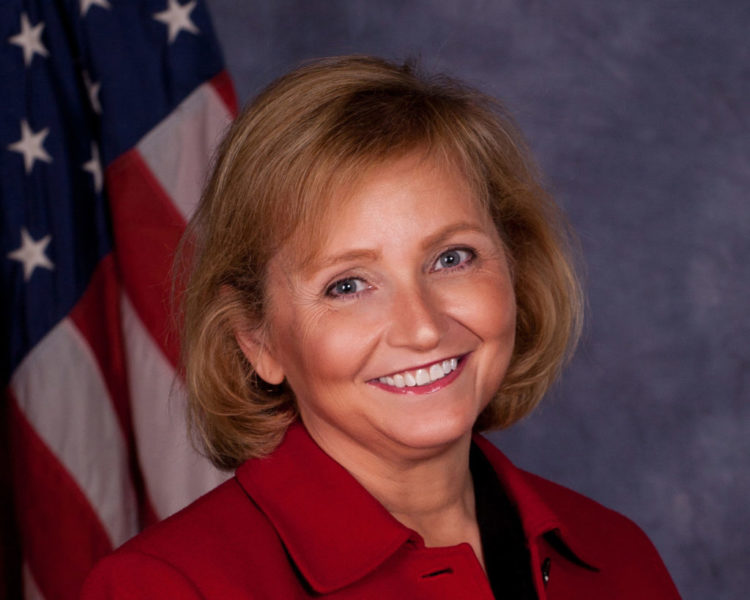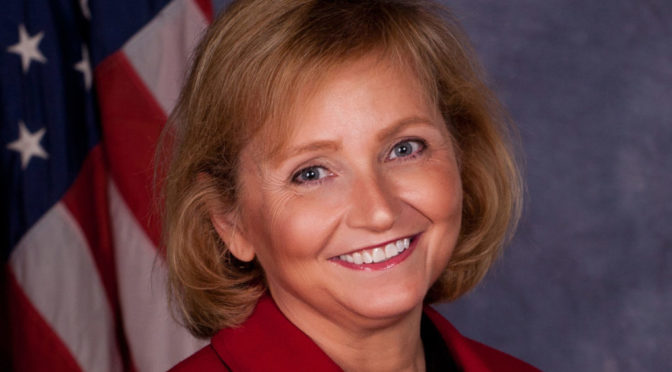
It was an intense time in the 2022 regular session of the Kansas Legislature, ending on April Fool’s Day. It turned out the joke was on legislators who had worked diligently just to be shut down. Friday around 1:30 am, the House Majority Leader made a motion to adjourn until April 25th at 11 am. – leaving several items to be addressed in Veto Session, including removing state sales tax on food, K-12 funding, and other issues. The Senate President and Senate Majority Leader worked diligently to complete our work in regular session and not leave work to be finished in Veto Session. I applaud their efforts.
You may have heard the quote, “Expect the best. Prepare for the worst. Capitalize on what comes.” Well, that is what I did the last couple of weeks to get tax relief for Kansans. I worked diligently to find solutions and to pass legislation to help Kansans this year and for years to come. As chairman of the Senate Tax Committee, I was able to develop and work to pass tax cuts – including property tax relief for homeowners and cutting state sales tax on food. It was great to work with the chairman of the House Tax Committee and other conferees to produce Conference Committee Reports (CCRs) 2239, 2597, and 2106.
To give you some background on conference committees, tax bills that passed either chamber could be worked in a Tax Conference Committee. It was difficult this year because the House did not debate one tax bill on the House floor, even though the House Tax Committee debated and worked bills. Conference committees are about negotiating to find common ground with the other chamber on bills that have passed both chambers in different forms. It’s difficult to negotiate when the House hasn’t voted on these items. However, the House was willing to accept many Senate positions as we negotiated tax relief policy for Kansans.
The first product of the Tax Conference Committee was CCR 2239. It passed the Senate unanimously, the House 103 to 10. Here is a sampling of items that will become law:
- a property tax freeze via an income tax rebate for low-income seniors and veterans 50% or more disabled
- up to $250 tax credit each year for teachers who purchased school supplies with their own money
- over $40 million in property tax relief – presently there is a $20,000 exemption on the valuation of the 20 mil of property taxes for K-12, this legislation would increase the exemption to $40,000 and increase it each year based on valuation and inflation increases – it hasn’t been increased since 1997
- removing state sales tax on delivery and postage costs
- exempting sales tax on fencing materials for agriculture
- allowing county commissioners an option to abate property taxes on property destroyed by a natural disaster
- creating a tax credit program for donors to technical and community colleges, capped at $5 million a year
- making the sales tax exemption on vehicle manufacturer rebates permanent
- doubling the personal income tax exemption for 100% disabled veterans from $2250 to $4500
- provides an option for Kansas taxpayers on State and Local Tax (SALT) deduction who are limited by the federal $10,000 cap
The House would not accept this good tax policy unless a provision to create a taxing authority in Shawnee County for the Zoo, Gage Park, and Discovery Center was included. The Senate accepted the offer since it would be voted on by the people of Shawnee County. We didn’t want to lose all the good Senate tax positions and good tax policy for Kansans.
The other two tax CCRs, 2106 and 2597, are still in play and will hopefully be passed in Veto Session. CCR 2106 would remove state sales tax on groceries within three years. Starting January 1, it would decrease from 6.5% to 4%, in 2024 it would drop to 2%, and in 2025 it would go to 0%. Groceries means that prepared foods would not be included. Beginning January 1st would provide time for vendors to implement the sales tax reduction. You may think it is simple to implement, but an example is rotisserie chicken at the grocery store is cooked and ready to eat, so you would think it is prepared food and not exempt. However, according to the Department of Revenue, it would be exempt unless utensils to eat the chicken were provided. It would have been simpler to remove state sales tax from all edible items, but many legislators would not support that effort.
Another tax bill negotiated but delayed until Veto Session was CCR 2597. It had several tax cuts to help Kansans. There are too many to name, but a few items included are:
- gradually removing all state income tax on Social Security
- decreasing income tax on retirement accounts
- increasing standard deductions using the Internal Revenue Service (IRS) formula for inflation
- removing state sales tax on commercial electric and other utilities, matching the residential exemption
- up to $5,000 property tax relief for businesses shut down by the Governor during COVID-19
I will be working with others to get this legislation passed during Veto Session.
Fairness in Women’s Sports, CCR 160, is to ensure participation in women’s sports is for biological women. The Fairness legislation passed both chambers last week and was sent to the Governor. The CCR passed the House and Senate. The Senate vote was 25 to 13. The Senate would need 27 votes for a veto override. I voted Yes and will vote Yes on a veto override. Last year the Governor vetoed the legislation and there were not enough votes for an override.
Election Security was addressed in three CCRs, 2138, 2056, and 2252 which passed to the Governor’s desk. CCR 2138 had several provisions like requiring watermarked paper for ballots starting in 2024, cleaning up voter rolls, language for election audits in even-numbered years of four counties – one with a population greater than 90,000; one with a population between 20,000 and 90,000; and two under 20,000. It passed the Senate 28 to 8. CCR 2056 would limit the county election offices use of drop boxes to one for every 30,000 voters. Twenty-seven Senators voted Yes and 12 voted No. CCR 2252 would block the Governor or Secretary of State from altering election law without approval by the legislature. It passed 27 to 12. I voted Yes on all three CCRs.
I’ve seen press releases that Mississippi passed a law to block Zuckerberg and other money from influencing elections. Last year, I had several amendments to protect our elections that became law, including stopping Zuckerberg and other money being used in Kansas elections. It took a veto-override of 2/3 legislators to become law, but election security prevailed.
There are many more pieces of legislation that have passed. It can be found at www.KSLegislature.org. I’ll include more items in a later update.
It is an honor and a privilege to serve as your 12th District State Senator.
Caryn
